
1. Sources and Habitat
Horse Chestnut (Aesculus hippocastanum) is native to a small area in the Pindus Mountains mixed forests and Balkan mixed forests of South East Europe. It is widely cultivated in streets and parks throughout the temperate world.

2. Descriptions and Specifications of Product
Content Specifications: 20% Aescins Test by HPLC
Molecular Formula: C55H86O24
Molecular Mass:1131.26
CAS No: 6805-41-0
3.Indications and Uses
Horse Chestnut Extract have been employed in the treatment of rheumatism and neuralgia, and also in rectal complaints and for haemorrhoids. Veinotonic and to reduce capillary permeability (and so minimize varicose veins); Treatment of venous insufficiency; Anti-edemic; Anti-inflammatory.
Horse chestnut extract has demonstrated a variety of beneficial effects including anti-inflammatory, antioxidant, antiedema, venotonic (helpful to veins) and vasoprotective (protective of vessels or ducts) actions.










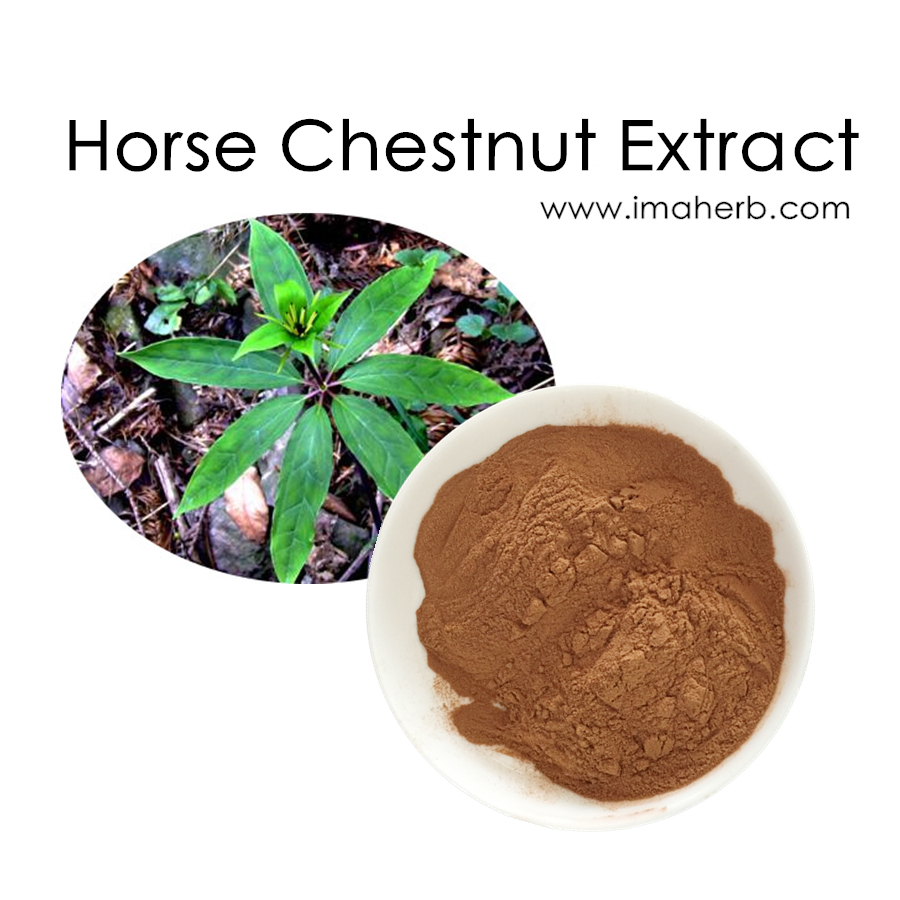
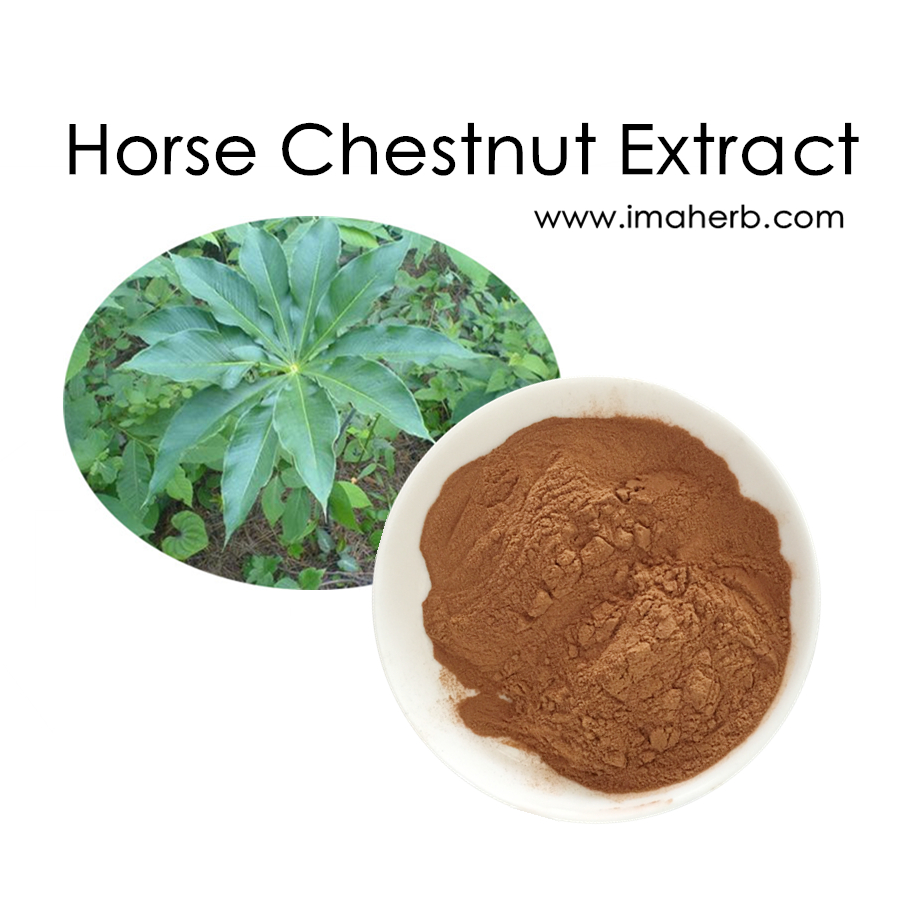
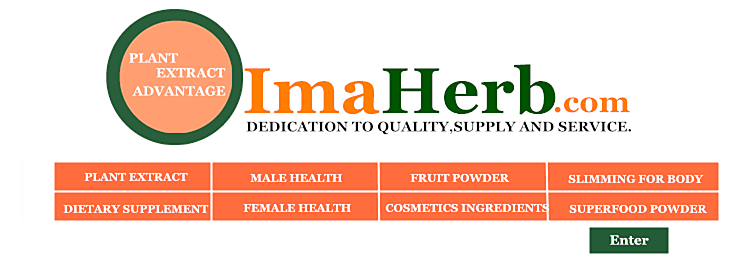





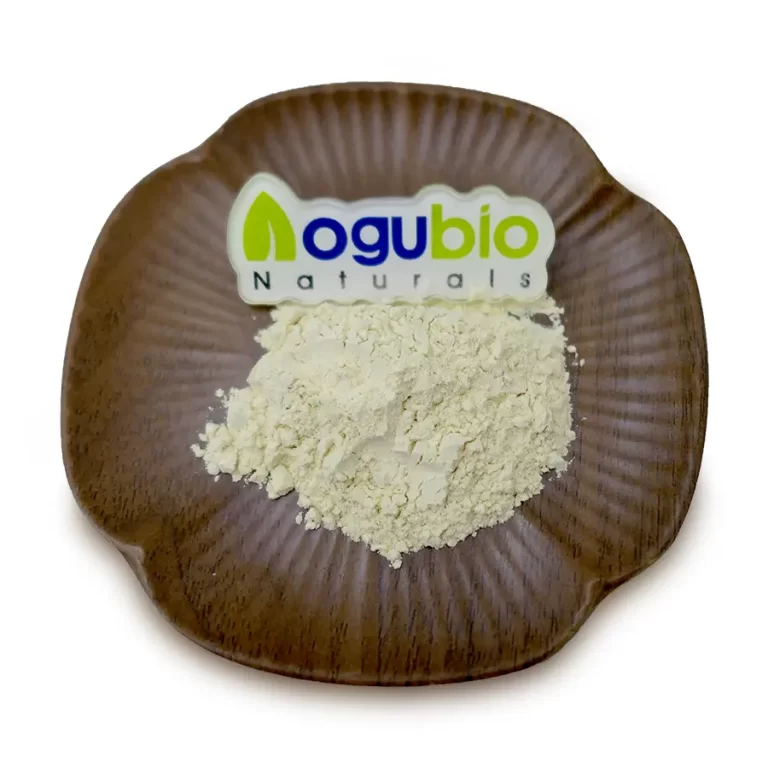
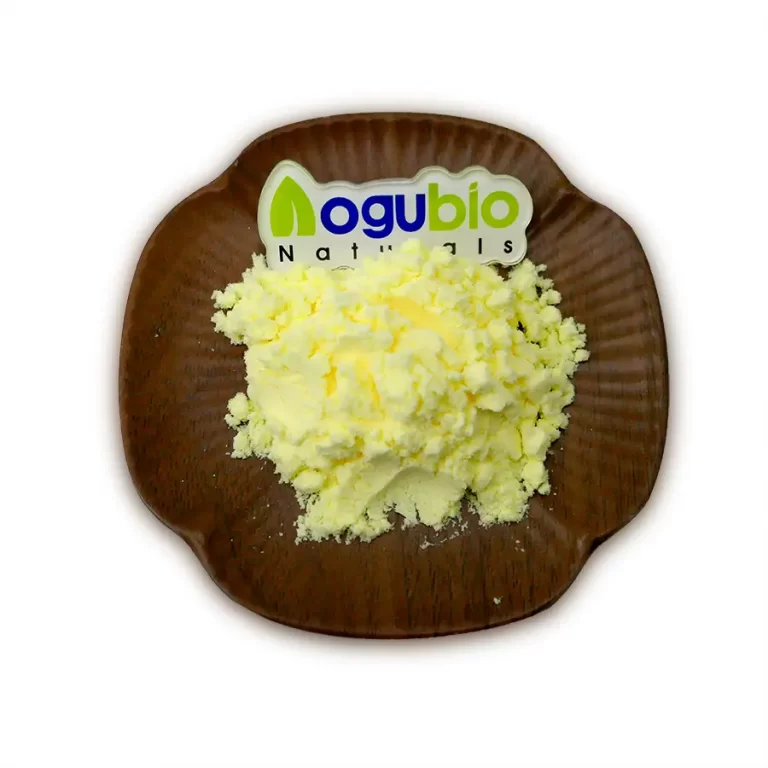
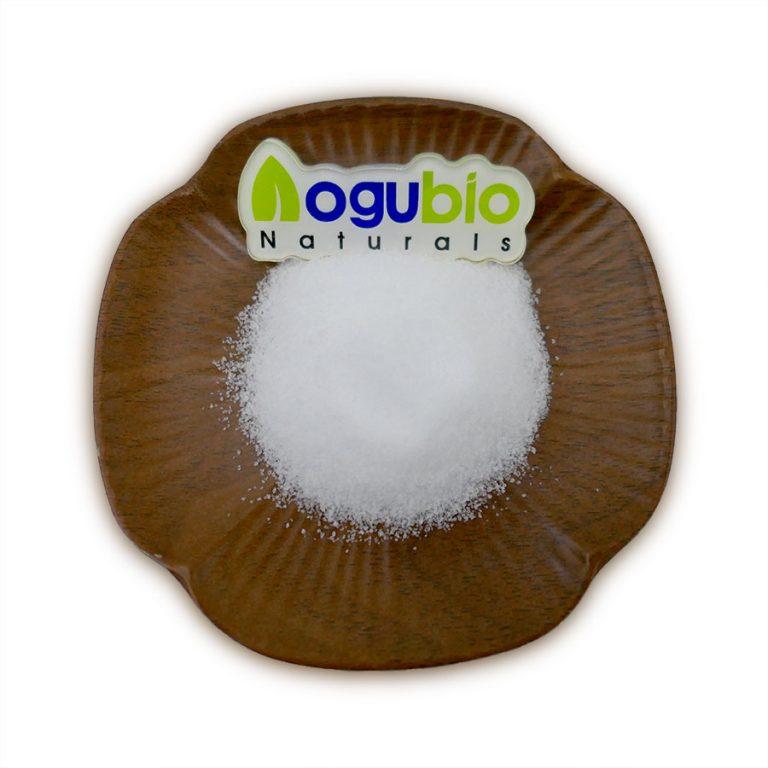

 skype
skype Sales Manager
Sales Manager Rebekah
Rebekah Rachel
Rachel Miranda
Miranda Camilla
Camilla
 Sales Manager
Sales Manager